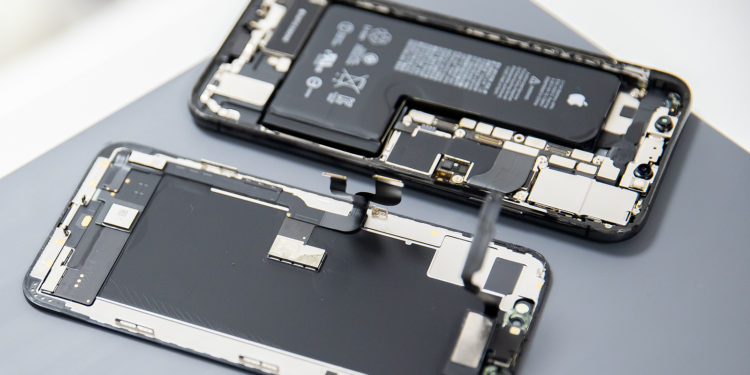A Federal Trade Commission (FTC) report on “anti-competitive repair restrictions” accuses Apple of a number of practices that hinder repairs by independent repair shops.
The FTC saysthat repair restrictions hurt both consumers and small businesses and advocates for a combination of new right-to-repair laws and better enforcement of existing laws. The FTC began collecting evidence from consumers and businesses nearly two years ago after Congress asked it to do so.
The report’s findings, including the finding that “there is little evidence to support manufacturers’ justification for repair restrictions,” are based primarily on responses to the Commission’s requests for public comment and empirical research conducted in connection with its July 2019 workshop, “Nixing the Fix: A Workshop on Repair Restrictions.”
Apple also restricts access to service manuals
The report says that when companies make it difficult to repair products, repair companies are denied work and consumers lose out because some products are impossible or uneconomical to repair while other repairs are much more expensive than they need to be. It cites Apple's requirements for its Authorized Independent Repairer program as an example.
The contract specifies that repair technicians may be subject to "unannounced audits and inspections by Apple." If independent repair shops leave the program, the contract even includes a clause that gives Apple the right to "continue to inspect repair shops for up to five years" after the program ends.
Apple also restricts access to service manuals and has issued copyright notices when they are posted online. Making battery replacement difficult and expensive is likely to result in consumers opting to replace the entire product, which adds extra cost and is bad for the environment. The Anti-Competitive Repair Restrictions report also criticizes Apple for tying components to the logic board, which can make repairs uneconomical.
M1-powered Macs are the prime example
Software locks, digital rights management (DRM) tools, or technological protection measures (TPMs) are access control technologies used by OEMs. While manufacturers argue that these measures are necessary to protect proprietary hardware and copyrighted technologies, repair advocates argue that such tactics lock ISOs and consumers out of easy repairs. Embedded software can force consumers to have their products serviced and repaired through manufacturers' authorized service networks. Additionally, according to iFixit, "if you replace your iPhone's screen, even if it's a brand new OEM screen from another identical iPhone, certain features like TrueTone will not work correctly." McDonough explained that Apple syncs some iPhone parts to the device's logic board, which makes the part repairable only by Apple.
The latter is a tricky subject. Apple ties some components to the logic board for security reasons (e.g. the Touch ID buttons on older devices). Integrated components also enable slimmer devices. But most importantly, more integration of RAM and storage with the CPU can dramatically improve a device's performance. M1-powered Macs are the prime example where the performance they offer is only possible through such tight integration, to the point where RAM and SSD storage become essentially interchangeable. Apple trades repairability for performance and that's a trade-off most professionals and many consumers are willing to make. (Photo by Parilov / Bigstockphoto)





